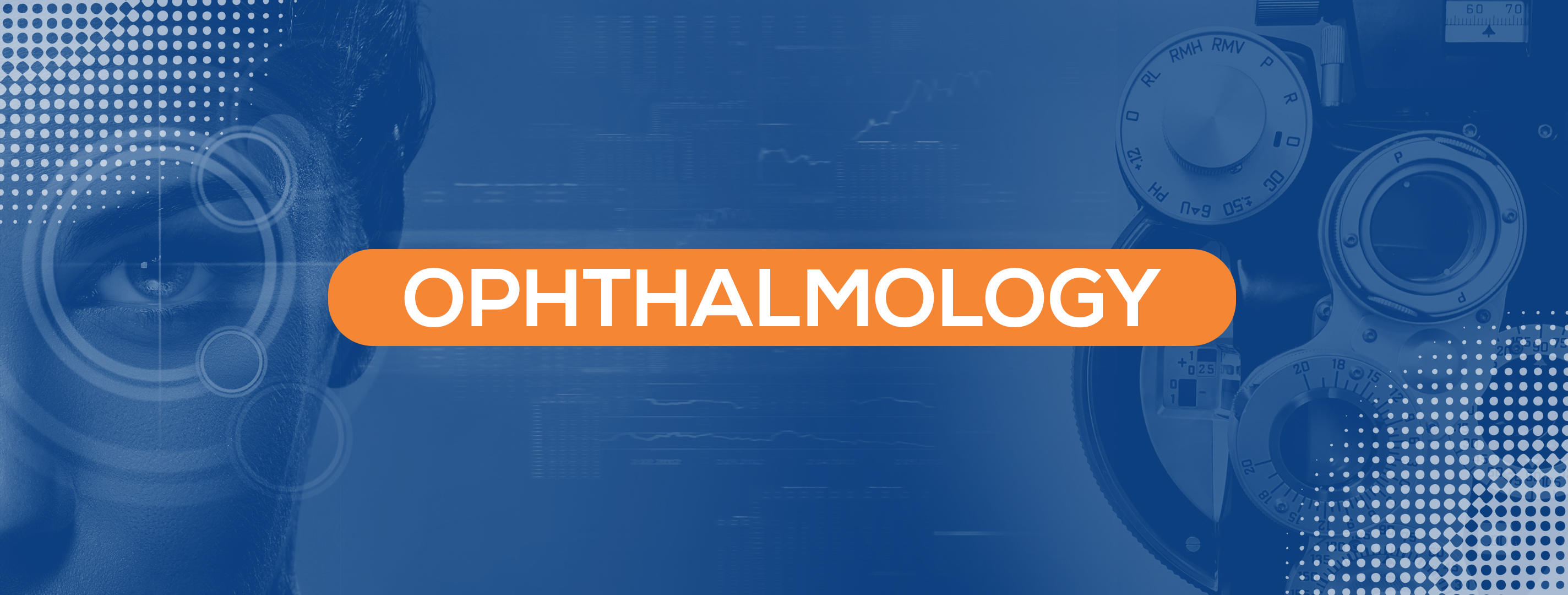Short-sightedness, or myopia, is a very common eye condition that causes the loss of vision for objects that are far or at a distance. As the name suggests, objects or words appearing close to the eye can be easily seen. Short-sightedness can either be mild, where treatment may not be required, to severe which may cause the vision to be affected significantly. Short-sightedness mostly runs in the family and is associated with looking at books or computer screens for a longer period of time at a close range. If you are experiencing symptoms similar to short-sightedness, schedule a visit with us today.
Ophthalmology is that branch of medicine, surgery or a combination of both that deals with the anatomy, physiology and diseases of the eyeball and orbit. An ophthalmologist specializes in the medical and surgical aspects of eye diseases. Ophthalmologists may even use medications to treat eye diseases, implement laser therapy, and perform surgery as required by the patient. Eye surgery, also known as ocular surgery, is surgery performed on the eye or its adnexa by an ophthalmologist. For neurological or related problems, schedule a visit with us.
Treatments Available For
Short-sightedness
Cataracts
Cataracts are caused by the aging or injury of the tissue that makes up the lens of the eye. A cataract is a clouding of the normally clear lens of your eye, that doesn’t interfere with the eyesight early on but will blur the vision in later stages. Cataract is cured with a simple, safe and effective surgery. Make an appointment for an eye exam if you notice any changes in your vision. If you develop sudden vision changes, such as double vision or flashes of light, sudden eye pain, or a sudden headache, schedule an appointment with us right away.
Farsightedness (hyperopia)
Farsightedness (hyperopia) is a common vision condition in which a person’s ability to view nearby objects gets affected. The degree of your farsightedness influences your focusing ability. Farsightedness is usually present in people right from birth and tends to run in the family. Far-sightedness can be easily corrected using contact lenses or eyeglasses and in case of an extreme situation, even through surgery. For any and all eye-related problems, schedule an appointment with us today.
Glaucoma
Glaucoma is a group of related eye disorders that cause damage to the optic nerve that carries information from the eye to the brain. In the early stages, glaucoma shows no symptoms, making it very dangerous. By the time the symptoms start to show, the disease has progressed to the point that irreversible vision loss has already occurred and any additional loss may be difficult to stop. In most cases, glaucoma is associated with higher-than-normal pressure inside the eye — a condition called ocular hypertension. Schedule your routine eye-check up with us and avoid the ill-effects of glaucoma by getting it detected early.
Squint
Squint (also known as strabismus) is a condition that arises due to an incorrect balance of the muscles that move the eye, faulty nerve signals to the eye muscles and focusing faults (usually long sight). If these are out of balance, the eye may turn in (converge), turn out (diverge) or sometimes turn up or down, preventing the eyes from working properly together thus causing a squint. A squint is not a permanent condition and can be corrected at any age. If you are looking to correct your squint, book an appointment with us straight away.
Lokmanya Hospital – Chinchwad
314 / B, Chinchwad Gaon Road.
Pune – 411033
Reach using Google Maps:-
https://goo.gl/maps/9dLyvbwuFaF2

